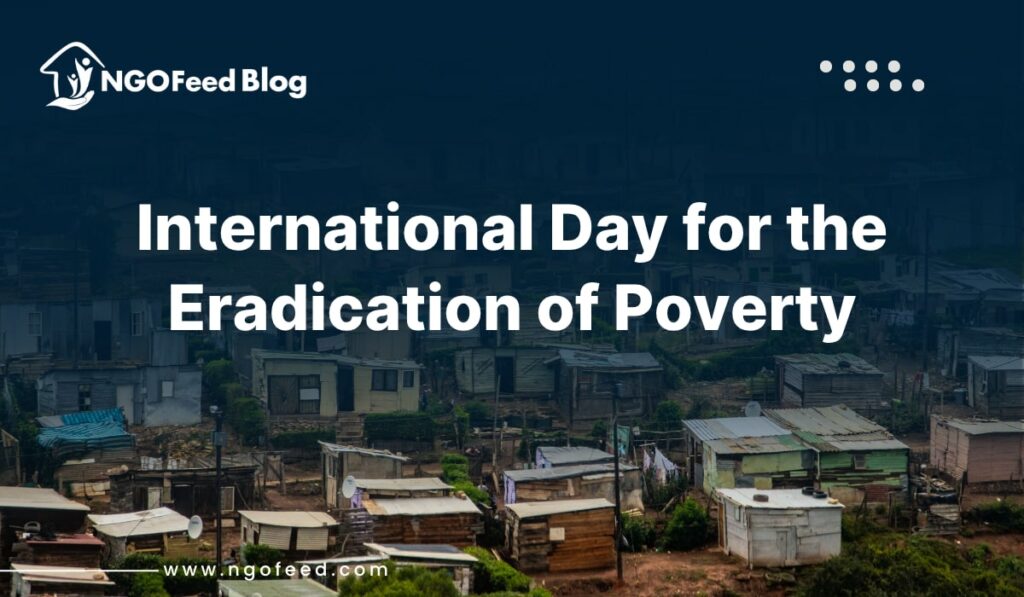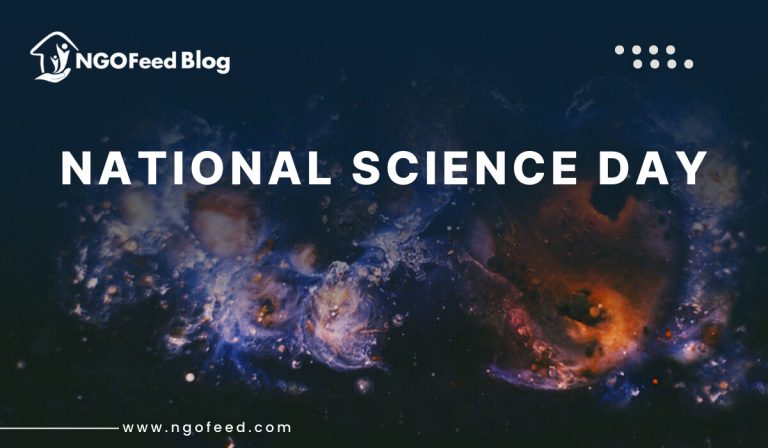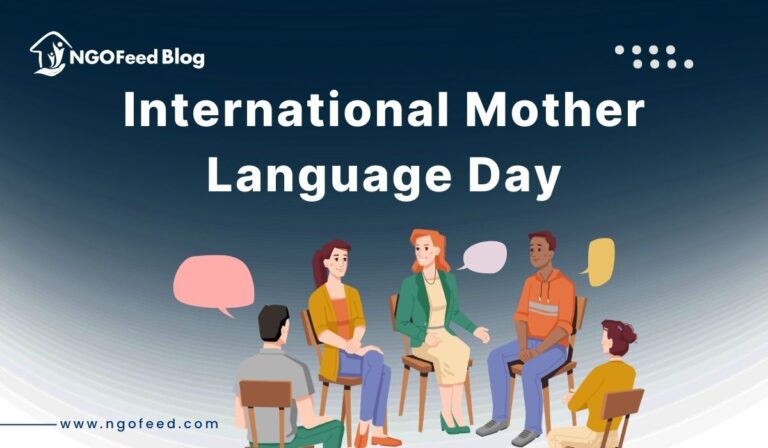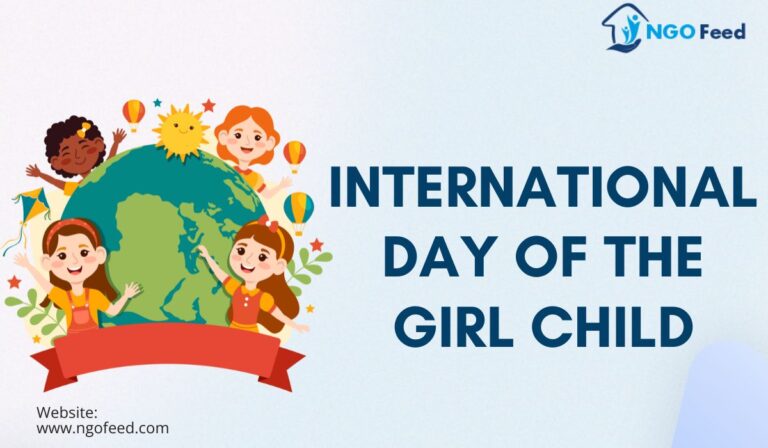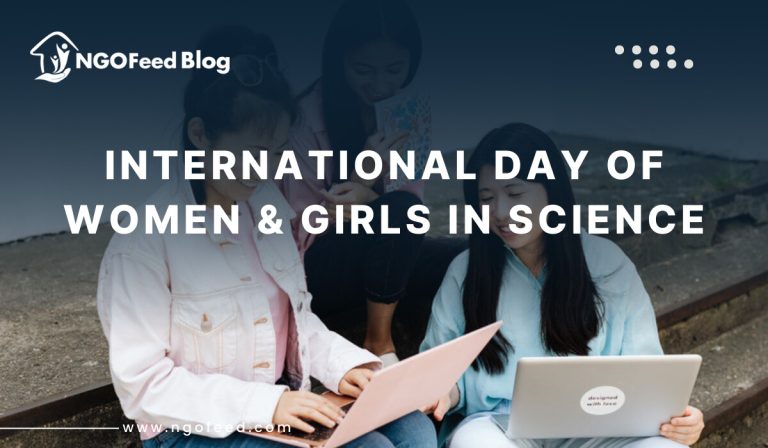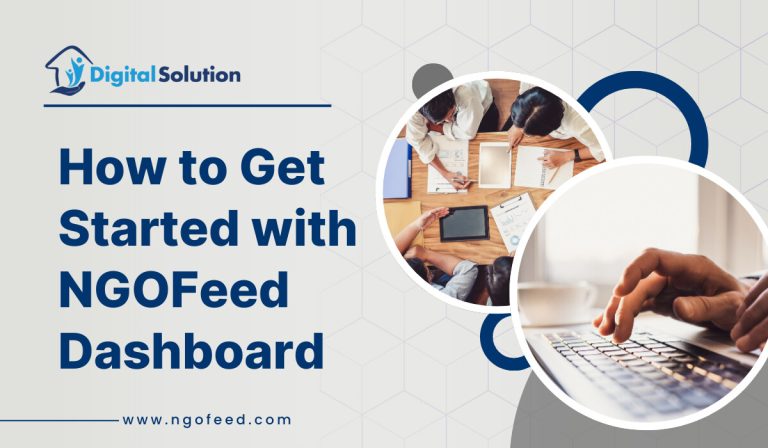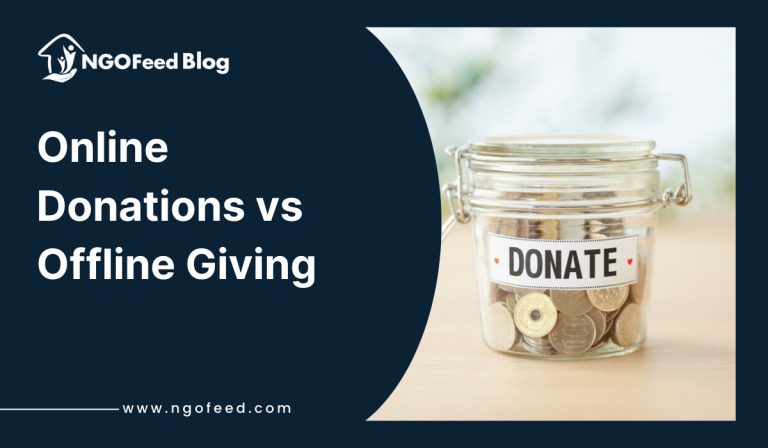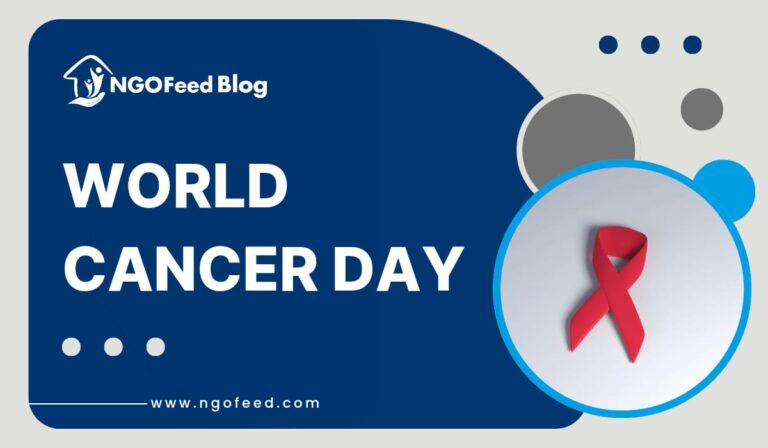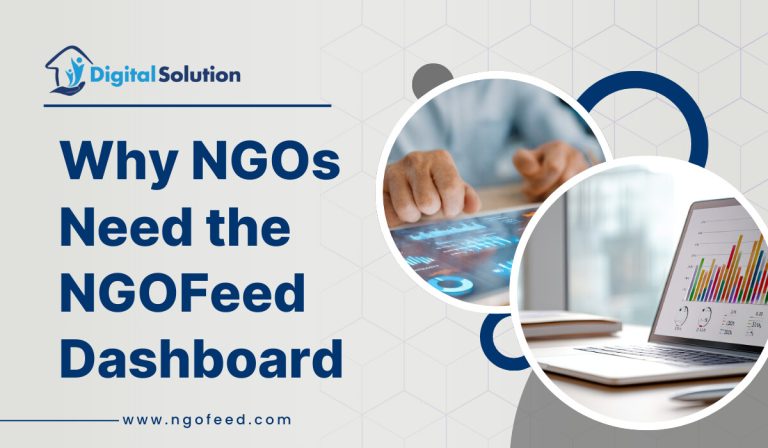Celebrated on 17 October every year, the International Day for the Eradication of Poverty helps to highlight worldwide poverty and the critical need. to get rid of it in all its guises. Poverty entails hunger, malnutrition, limited access to healthcare and education, discrimination, and social exclusion rather than only a lack of income. This day reminds the world that poverty is not inevitable; it can be reduced and eventually eliminated via human solidarity, justice-oriented policies, and collective will.
Set up by the United Nations, this day provides a worldwide stage for people, governments, and groups to reaffirm their dedication to creating a planet free from poverty and inequity.
Table of Contents
International Day for the Eradication of Poverty is what?
The day tries to advance understanding between individuals living in poverty and the rest of society. It presents a chance to acknowledge the problems many millions of people experience and the necessity for concerted action to eradicate these difficulties. Moreover, it underlines how crucial it is to include the perspectives and experiences of the poor in efforts to eradicate poverty and promote sustainable development.
What is the History of International Poverty Eradication Day?
This celebration’s roots are from 17 October 1987, when over 100,000 people came together at Paris’s Trocadéro, where the Universal Declaration Signed in 1948 was the Declaration of Human Rights. They came together to pay respect to victims of violence, hunger, and terrible poverty.
Inspired by this event, the United Nations formally proclaimed 17 October as the International Day for Poverty Eradication in 1992 (UN General Assembly Resolution 47/196).
The day has since developed into a gathering point for governments, NGOs, and people to reconfirm their commitment to eradicating poverty under the bigger aim of sustainable development.
What is the theme of International Day for the Eradication of Poverty 2025?
Theme: “Dignity for All: Ending Poverty by Social Justice and Equal Opportunity”
This topic stresses that poverty is fundamentally a moral rather than only an economic one. It asks respect for the dignity of every person and promotes inclusive development in which everyone can access fundamental rights: food, education, housing, and healthcare.
Why is the Day Significant?
- It increases worldwide awareness of the reasons of poverty as well as its effects.
- Empowerment stresses guaranteeing their involvement in decision-making procedures to empower marginalized groups.
- Encourages governments to enact just policies that advance social justice and economic equality.
- Human dignity: Recognizes that poverty degrades human dignity and equality, two core human rights.
- Sustainable Development Goals (SDGs): Strengthens SDG Target 1—”End poverty in all its forms everywhere.”
Role of NGOs in the International Day for the Eradication of Poverty
Crucially helping to eliminate poverty are non-governmental organizations (NGOs) by:
- Giving disadvantaged areas educational programs, microcredit, and job training.
- Providing healthcare and nutrition programs in urban and rural impoverished communities.
- advocating gender equality and social inclusion.
- Partnering with governmental agencies for sustainable poverty reduction initiatives.
- Advocating for policy changes and running awareness initiatives.
- Prominent non-governmental organizations include Oxfam, CARE, BRAC, and Save the Children help vulnerable people and address the underlying causes of poverty all around.
Celebrations for This Day: Why?
One honors the day so that:
- Respect the challenges faced by individuals living in poverty and their labor.
- Increase worldwide solidarity in the battle against inequity.
- To build inclusive societies, mobilize resources and initiatives.
- Remind governments of their pledge to eradicate poverty by 2030 under the Agenda for Sustainable Development of the UN.
Events and Celebrations
Worldwide nations and organizations honor this day with several events, including:
- Public debates on poverty alleviation plans and awareness campaigns.
- Seminars and workshops including politicians, social workers, and NGOs.
- Poster-making, essay contests for students, and art exhibitions.
- Fundraising events for projects aiming at alleviating poverty.
- Community outreach activities include food drives or volunteerism in shelters.
- Social media campaigns spreading awareness using hashtags such #EndPoverty or #NoMorePoverty.
Individual Celebrations
- Share knowledge on poverty problems with both you and other people.
- Give to trustworthy charitable groups or NGOs.
- Give your time to aid the needy and underprivileged.
- Set up awareness events in schools or business environments.
- Promotes social justice, equitable chances, and fair wages.
- Meaningful social change can result from little acts performed by people.
Conclusion
More than only a calendar date, the International Day for Poverty Eradication is a call to action for mankind. Though it is not insurmountable, poverty still presents one of the biggest problems of our day. By means of collaboration, empathy, and dedication, civilizations can guarantee no one is left behind.
The day helps us to remember that only when everyone has fair access to resources, respect, and chances for a better life may actual progress be realized.
Frequently Asked Questions (FAQs)
Q1. When is the International Day for the Eradication of Poverty observed?
A. It is observed every year on 17 October.
Q2. What is the main purpose of this day?
A. To raise awareness and inspire global efforts to eliminate poverty and promote human dignity.
Q3. Who started this observance?
A. The day originated from a 1987 gathering in Paris led by activist Father Joseph Wresinski and was later adopted by the United Nations in 1992.
Q4. How do NGOs help in eradicating poverty?
A. NGOs help by implementing community development programs, promoting education, providing healthcare, and advocating for policy reforms.
Q5. What is the link between poverty and the Sustainable Development Goals (SDGs)?
A. Ending poverty in all forms is Goal 1 of the SDGs, forming the foundation for achieving other global goals like education, health, and equality.

